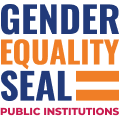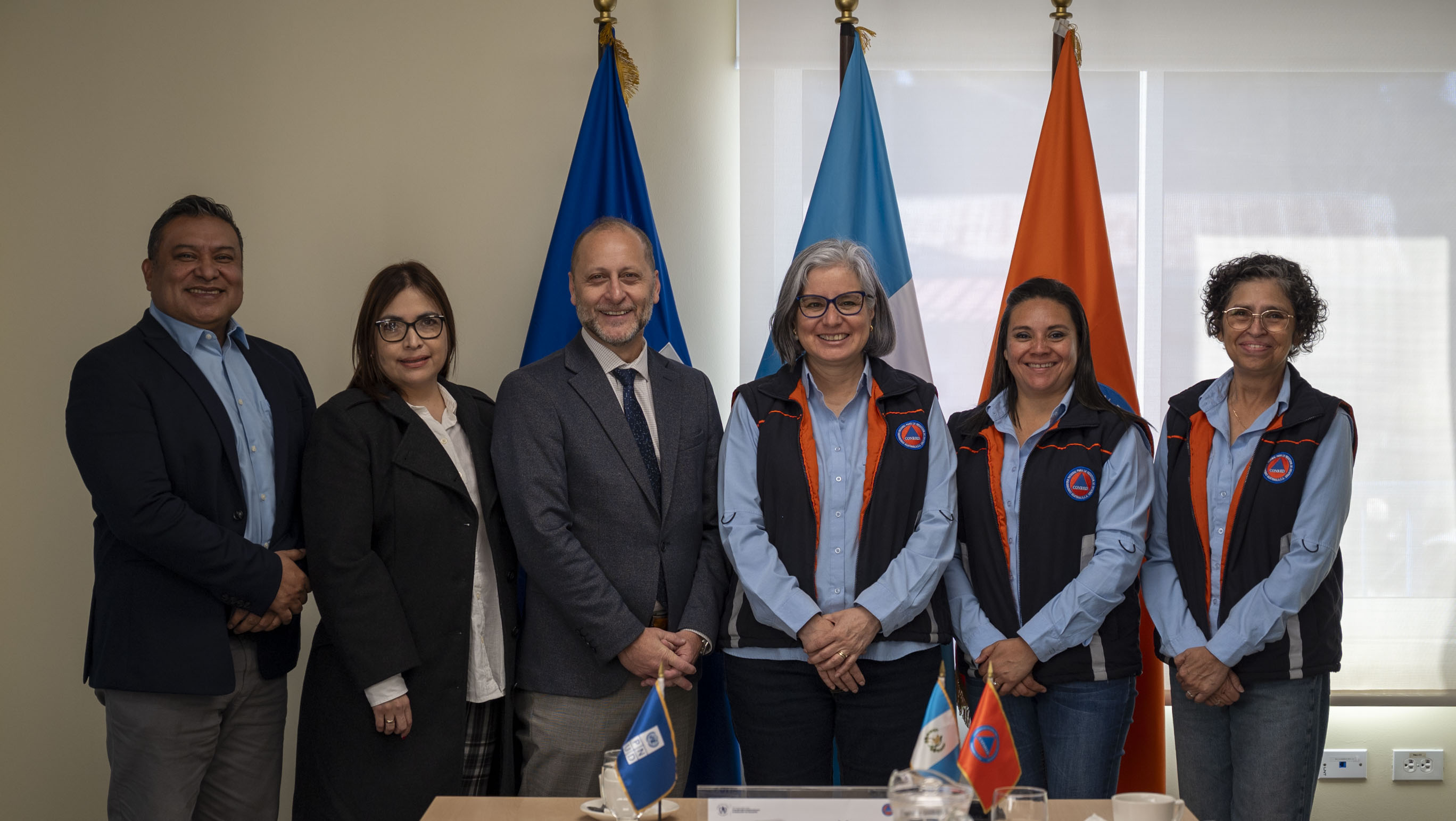In Uganda three more public institutions, namely the Judiciary of Uganda, the Ministry of Gender, Labour and Social Development (MGLSD) and the National Council for Higher Education (NCHE) have joined Makerere University, started in 2023, in implementing the Gender Equality Seal for Public Institutions. UNDP will be supporting all four institutions to undergo this voluntary certification programme, designed to build and strengthen policy planning and organizational management systems to deliver for gender equality.

Public institutions including ministries, parliaments, judicial systems, and local governments are powerful drivers of transformation of policies, systems, organisational practices and mindsets, imperative for advancing gender equality not only in the public sector itself but in the wider society. Principally, public institutions exist to serve the public—whether through law enforcement, policy-making, budget allocation, or the delivery of essential services. Their actions or inactions can either perpetuate inequality or contribute to dismantling it. When institutions are not gender-responsive, the consequences are widespread: public services fail to meet the needs of all people equally, public service delivery decays making people loose trust in their institutions and half of the population, women and girls, particularly the most underserved continue to be left behind. On the opposite, when institutions are aware and take into consideration the specific needs and points of view of women and men, in their diversity, public service delivery improves as it does its impact on addressing gender inequalities and advancing women’s participation and empowerment.
The Gender Equality Seal for Public Institutions
In Uganda, national legal and policy frameworks provide avenues through which the national commitments on gender equality and the empowerment of women and girls can be bolstered. The country’s Constitution and the National Development Plans advocate for equal treatment and access to economic, social, and political opportunities for all. Uganda’s Vision 2040 is very clear about the need for a gender-responsive society where both men and women contribute equally to national development. This is all aligned with Sustainable Development Goal (SDG) 5 on Gender Equality and Women’s Empowerment and SDG 16 on strengthening public institutions for peaceful, inclusive, and sustainable development.
The UNDP Gender Equality Seal for Public Institutions is a global public administration reform framework that supports institutions towards these goals, guiding, advising and building capacities of public institutions towards organizations, and public policies and services that serve all citizens while addressing pervasive gender inequalities.
The Seal follows a structured, step-by-step journey to help institutions assess, plan, reform and transform their internal and external systems to advance gender equality. Hence, implementing the Seal needs both of a deliberate political commitment and technical hands-on capacities.
As a kick off of the Seal process in the Judiciary, the Ministry of Gender, Labour and Social Development (MGLSD) and the National Council for Higher Education (NCHE), UNDP implemented a two days induction training on March 20–21, 2025. This brought together Gender Focal Points and institutional leaders for an intensive, and participatory learning experience. The training provided an opportunity for participants to share the current state of gender equality within their institutions, improve their knowledge on the Seal framework and standards, explore avenues for cross-institutional collaboration and coordination, and engage in knowledge sharing.
In her speech Annet Mpabulung Wakabi emphasized that…
“For this training, we have brought together three public institutions: the Judiciary of Uganda, the Ministry of Gender, Labour and Social Development, and the National Council for Higher Education. In doing so, we aimed to provide a platform for collaboration and knowledge exchange. As the three institutions embark on the Gender Equality Seal journey, they will leverage each institution’s technical expertise whether in policy implementation, institutional reform, or gender-responsive governance to learn from one another and drive meaningful progress
UNDP Resident Representative, Ms. Nwanne-Wedde-Obahor, present in the event, appreciated the three public institutions’ commitment to participate in the Seal and urged them to remain committed to developing practical and impactful action plans.
My hope is that when you return to your respective institutions, you will take deliberate steps to develop a concrete plan to actualize all that you have learned here.
The training covered the Seal dimensions through practical exercises, including an in-depth understanding of the Seal benchmarks, identification of institutional status and needs, action planning. The sessions also included presentations on good practices that exist in the participating institutions and several rounds of interactive brainstorming sessions.
Our institution has recently developed minimum gender standards, which will be essential as we deliver on our mandate as regulators in our sector. This programme comes at a crucial time just as we are preparing to implement these standards. It is therefore an important opportunity to strengthen our own capacities

The training facilitation was led by Ms. Cleopatra Phiri-Hurungo, Team Leader Gender and Mr. Jimmy Tabu from UNDP’s Regional Service Centre for Addis Ababa, with support from Ms. Beatrice Mugambe, Gender Advisor, Ms. Harriet Karusigarira, Programme officer, and Ms. Sarah M. Natumanya, GES-Pi Programme Consultant, all from UNDP Uganda.
Ms. Beatrice Mugamb, Gender Advisor highlight…
“As institutions, this is an opportunity for us to reflect on where we stand in our processes and practices in promoting gender equality. Let’s be open to learning and unlearning, sharing our experiences, and collaborating to strenghten our commitment to inclusive practices. By working together, we can build institutions that truly embody gender equality in both policy and practice
To learn more about the Seal, its methodology, and how it’s driving institutional change across the globe, visit UNDP Gender Equality Seal for Public Institutions











